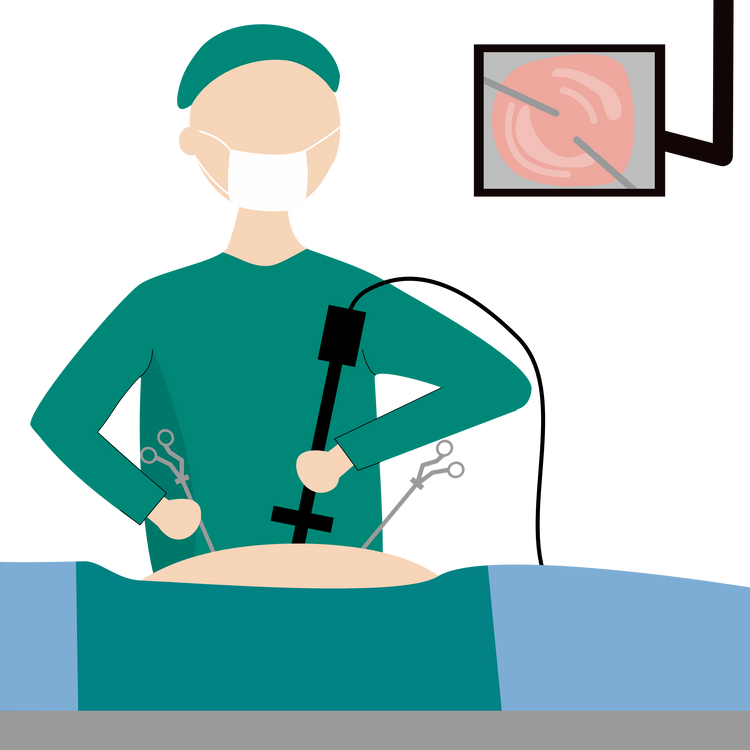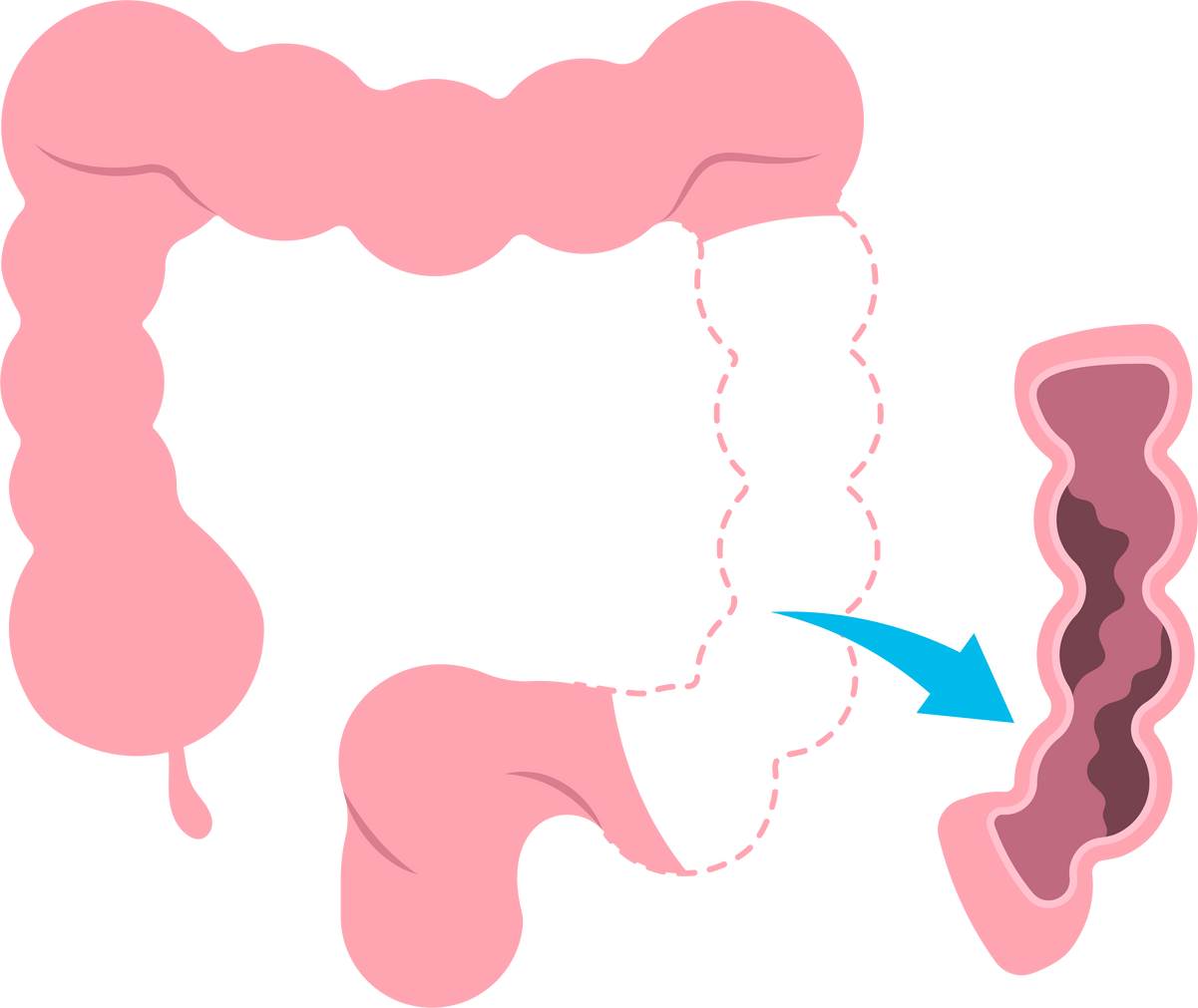What Colon Cancer Treatments Does Singapore Offer?
Colorectal cancer endangers many lives here in Singapore, so it is natural that people want to know how they can be treated here. Fortunately, there are a range of colon cancer treatment options available to Singaporeans suffering from this disease. The recommended methods depend on how far your cancer has progressed.
Let us review some of the main treatments a colorectal cancer specialist can prescribe.
Types of Surgical Colon Cancer Treatments
Surgeries are generally recommended if the cancer is still in its early stages. Early-stage colon cancers are those that have not yet grown outside the walls of your colon.
Laparoscopic or Colonoscopic Surgery
This is a procedure wherein a laparoscope, a small tube with a camera and light, is inserted into your abdomen. The tool lets the surgeon view your colon and remove the cancerous tumour. As minimally invasive surgeries that only require small incisions, laparoscopies are effective for smaller growths.
If the cancer is detected very early, your doctor may perform a colonoscopy instead, which does not require any incisions. Instead, they will insert the tube through the rectum to get the cancer.

Open Colectomy
Your physician may recommend open surgery if the tumour is too large to be removed via laparoscopy. In a colectomy, the surgeon may remove parts of your colon and reconnect the remaining parts. If they cannot rejoin your colon, they may place a stoma and bag to let waste leave your body.

Non-Surgical Treatments for Colon Cancer
Non-surgical treatments are often used if surgical procedures alone cannot remove all of the cancer. This can happen if the cancer has already spread to other tissues or lymph nodes.
Chemotherapy
Chemotherapy uses medications to destroy the colon cancer cells. At advanced stages, this treatment can reduce the size of the cancerous tumour so it is easier to surgically remove later on.
The number of chemotherapy sessions prescribed to you depends on how you respond to the treatment. Here in Singapore, molecular profiling can also be conducted on the tumour to help select medications that will likely yield better results.
Radiation Therapy
As the name suggests, this treatment uses radiation, such as from X-rays, to kill the cancer cells or inhibit their growth. It can be used along with chemotherapy to shrink the cancer growths even further. Your physician may also prescribe radiation therapy to help kill any colon cancer cells left behind after surgery.
Immunotherapy
In this treatment, your colorectal cancer specialist will boost your immune system's ability to fight cancer naturally by injecting inhibitors into the body. This specific treatment is often used in cancer patients that have the Microsatellite instability-high status. These are cancer cases wherein the cancer cells have too many mutations, making them unstable.
Treatment Plans Go Beyond Medical Procedures
As we can see above, your colorectal cancer specialist can combine several surgical and non-surgical methods into your treatment plan based on your diagnosis.
Besides using medical procedures to fight cancer, the doctor can also advise you to make some lifestyle changes. These can help you handle the side effects of colon cancer treatments, such as pain, nausea and fatigue. Some habits to consider include:
- Not smoking tobacco products. Tobacco further weakens your immune system and also puts you at risk of developing cancer elsewhere.
- Restricting or eliminating alcohol drinking. Alcohol consumption can reduce the effectiveness of cancer treatments and worsen the side effects.
- Eat less fatty, sugary food and introduce more foods with more nutritional value.
- Improve your sleeping hours so your body can recuperate.
Early Detection is Essential
The key to a successful colon cancer treatment plan is to have your cancer diagnosed in its early stages. If you have a higher risk of developing this illness due to your family history or lifestyle, it would be safer for you to undergo regular screenings at your chosen healthcare centre. You can also consult your medical provider on how often you should get screened.
When it comes to your health, it is wiser to take the preventative approach instead of relying on a cure.
Resources:
- https://www.mountelizabeth.com.sg/conditions-diseases/colorectal-cancer/diagnosis-treatment
- https://www.singhealth.com.sg/patient-care/conditions-treatments/colorectal-colon-cancer
- https://www.healthhub.sg/a-z/diseases-and-conditions/colorectalcancer
- https://www.ncis.com.sg/Cancer-Information/About-Cancer/Pages/Colorectal-Cancer.aspx
- https://www.singaporecancersociety.org.sg/learn-about-cancer/types-of-cancer/colorectal-cancer.html